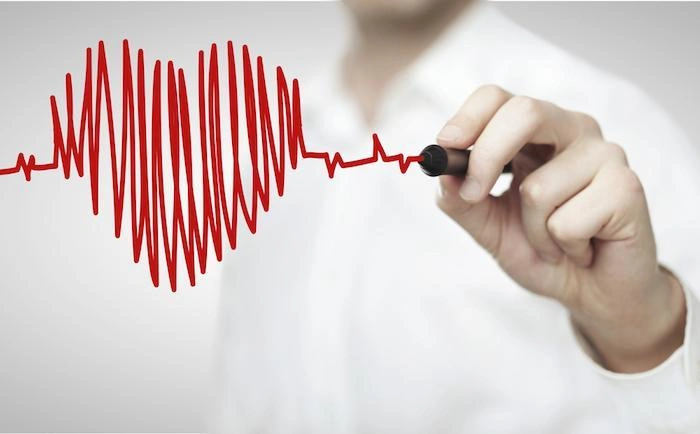Recovering from a heart attack requires a lot of work. Physically, your body has to regain strength and return to good health. Mentally, you may be overwhelmed by all the information and instructions you’ve received since the event. Emotionally, you may feel scared about the possibility of another heart attack.
Surviving a heart attack is a life-changing event. To properly recover, you’ll benefit from the help and support of a cardiac specialist who can monitor your progress and provide guidance as you work to return to a normal life.
Our cardiology team at Phoenix Heart offers the direction and support you need to navigate the road to recovery. We provide expert and compassionate care as you take the following steps during your recovery from a heart attack.
Follow through on recommended treatments
When you leave the hospital, you’ll have to take responsibility for following through on the advice and recommendations you received as an inpatient. Maintain the momentum of care by understanding your discharge plan. This includes taking new medications and following up with medical appointments and recommended diagnostic tests. If you’re not able to do this on your own, take advantage of family and friends who offer to help.
Consider your discharge from the hospital an opportunity for a new start. As you return to normalcy, eliminate the lifestyle habits that contributed to your heart attack.
Participate in a structured exercise program
Exercise can improve your cardiovascular health. Programs offered at outpatient cardiac rehabilitation centers can reduce your chances of suffering another heart attack in the future.
In a structured program, a trained clinician helps you establish safe and realistic exercise goals with consideration for your fitness level, heart health, physical limitations, and abilities. With this supervision, you’ll work with a program that has the right intensity and duration necessary to improve your heart health and regain your strength.
Get dietary counseling
Consult with a dietitian who has experience advising patients who’ve had a heart attack. A knowledgeable dietitian can help you create a plan with realistic goals for changing bad eating habits. If your heart attack was related to being overweight or having high cholesterol, a dietitian can also design meal plans to help you reduce these risks by eating a healthier diet.
Reduce risk factors
As a heart attack survivor, you know how bad habits can harm your physical well-being. With a second chance, it’s time to address any risk factors you have that can contribute to another heart attack:
- Quit smoking if you smoke
- Treat high blood pressure with recommended medications
- Control high cholesterol with diet, and medications, if needed
- Manage diabetes by monitoring blood sugar and taking medications
- Establish and maintain a healthy weight
- Don’t overuse alcohol
Return to normal activities
As you regain your physical health, you’ll want to return to a normal lifestyle. It’s important to follow our cardiologist’s recommendations and proceed in stages. Start by maintaining social connections as soon as you feel ready.
If you work in an office, you may get clearance to return to your job in as little as two weeks. However, if you work in a position that involves manual labor, you may have to return to work with limitations or wait longer depending on your circumstances.
When you’re ready to have sex, talk to your physician about what’s safe for your condition. Most people can resume sexual activity within a few weeks after a heart attack. For men, erectile dysfunction can result from post-heart attack anxiety and emotional stress. If this occurs, your physician can recommend appropriate treatment.
Seek mental health support
It’s normal for heart attack survivors to feel a range of emotions, including fear, anger, and resentment, for up to six months after a heart attack. However, don’t ignore emotions that interfere with your normal routines or prevent you from eating or sleeping. Having suicidal thoughts requires immediate attention and intervention.
Talk to your cardiologist here at Phoenix Heart about how you’re feeling and what you can do to deal with these emotions. You may find support by joining a heart attack survivor’s support group where you can share concerns with people who’ve undergone the same type of experience. Or you can or ask for a referral to a psychologist for more in-depth help with your emotional health.
Get the expert support you need to succeed after a heart attack. Schedule an appointment with Phoenix Heart using the online tool, or call one of our offices in Glendale, Avondale, Anthem, Buckeye, Black Canyon City, and Phoenix, Arizona, for a consultation.


